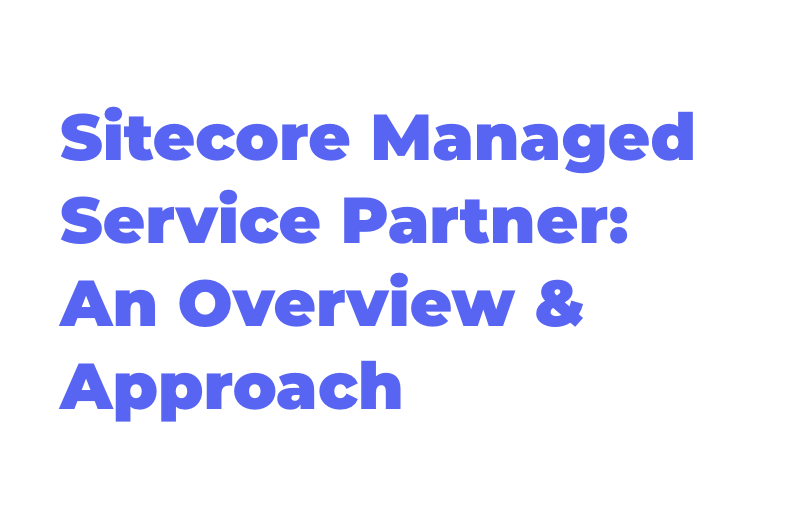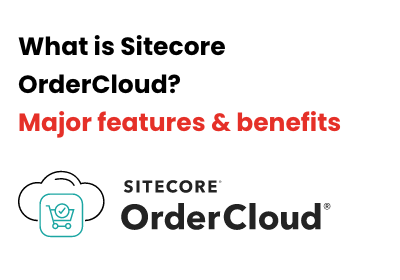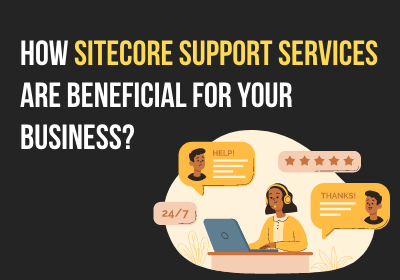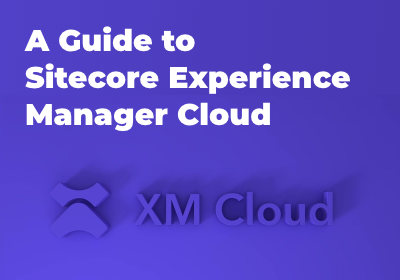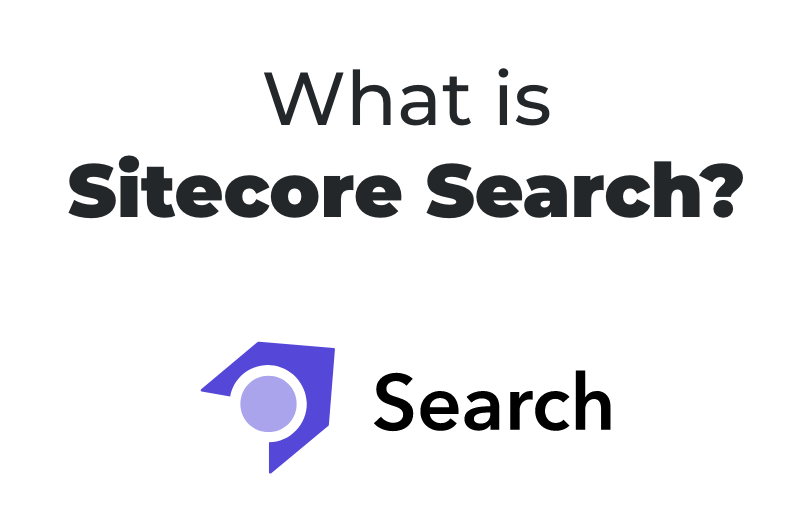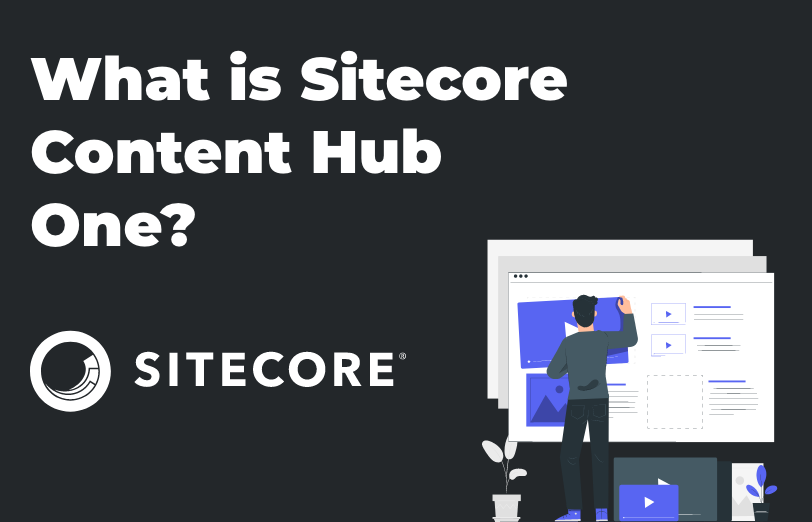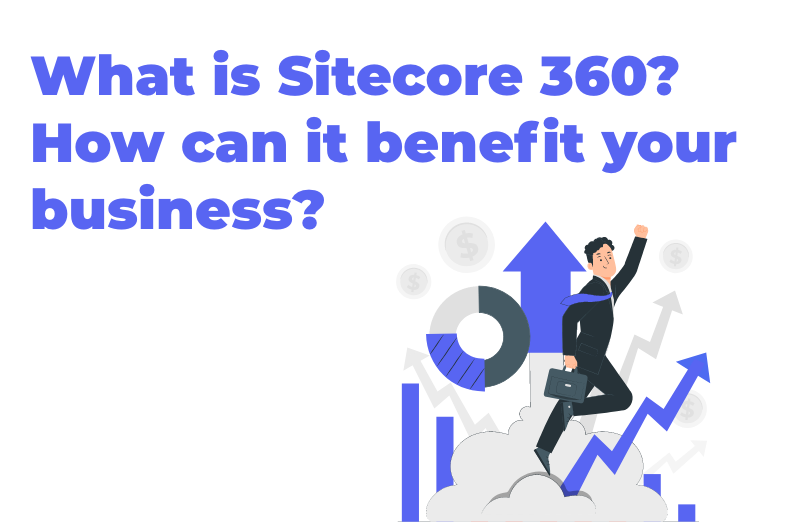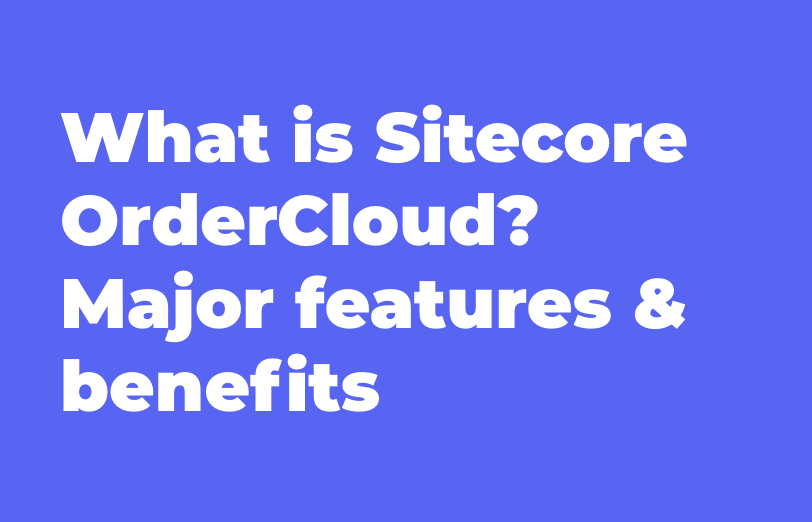Need An Accurate Estimate For Your Sitecore XM Cloud Migration Project? Kickstart Your Journey Here!
Get My Estimate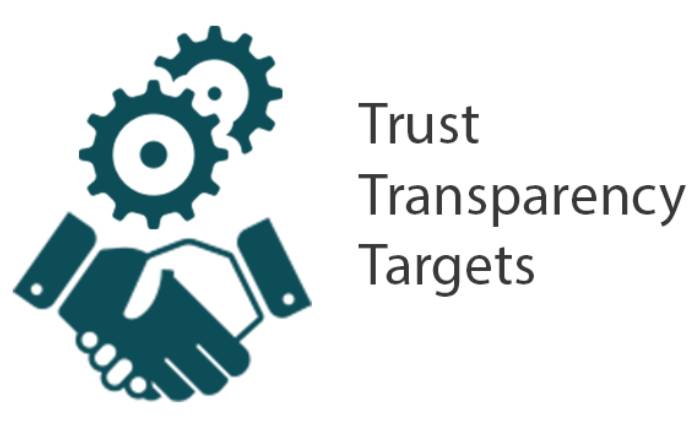
“Managed services comprise the second-most popular business model in the channel today.” according to IT industry trade association CompTIA’s Fifth Annual Trends in Sitecore Managed Services study. There are many such areas where companies can take leverage when choosing Managed Service Partners. There are certain parameters that they can consider while choosing MSP – Managed Service Partner (Partner is better word then provider)
1. Focus of IT strategy alignment
More than just tackling a specific domain such as email hosting or CRM, CMS implementation, having an MSP as part of your IT mix can focus on internal IT staff for more strategic projects.
Initially, managed services were mostly adopted by large enterprises but now more small and medium businesses (SMBs) are using them because of competitive pressures and operational concerns.
2. Choosing a right mix from wide range of service providers
MSPs that can deliver advanced services, including cloud infrastructure management, application management and business process outsourcing, data analytics, BI and advance application monitoring are in high demand.
3. Service provider as partner
Establishing a strong, strategic partnership with your MSP is very essential. There are many cases were alignment between the company’s staff with managed service provider was not so strong that ultimately company has to switch their provider. Mix of both onsite and remote model can help companies to work with their partner to get maximum fruits out of such kind of partnership.
4. Quality
Delivering best fitted solution to the companies has to be main goal of the MSPs. Not only alignment with their current IT model but also deliver the quality services is the key element. Companies can measure performance by checking past track record of provider. They can out of the box to get all kind of references in the industry to gain more confidence while choosing the provider.
5. Cost
In such kind of relationships – transparency of billing as well as the model which is decided for the services. Justification of cost at several billing models are very important. Competitive pricing which gives best ROI for business is another biggest advantage.
#Sitecore Project Planning
This involves consulting, advising, planning, design, development and optimization of applications, integration with existing systems, infrastructure and middle tier services.
#Sitecore Implementation
This service includes fresh Sitecore implementation or new integration within current instance with existing business systems. Project architecture implementation with hosting and infrastructure setup, Sitecore custom module development.
#Sitecore Migration
This service includes Sitecore Migration from old version to newer version of Sitecore. Migration of content and align it with new set of infrastructures for new version has to be delivered as part of services.
#Sitecore DevOps
This Sitecore DevOps service revolves around automation of new or existing instance of Sitecore. This service includes implementation tools to implement CI/CD and smoother execution of deployment over various instances.
#Sitecore Operations
This service includes day-to-day IT operations Sitecore like content management, updates, rules update, establish A/B testing and generate reports, customized analytics dashboard etc.
WHAT?
Understand the abilities of the current implementation
- The technical architecture is being used
- Latest version or previous version?
- Standard best practices
- Integration points
- Reusable components and modules
- Design Patterns
HOW?
Understand the current business processes and its efficiency
- The SLA agreement
- Scope of Service Areas
- Dashboard for reports required
Understanding the Organization Structure
- Behavioral thought process
- Current team structure
- Stakeholder identification
- Reporting structure
- Training and knowledge transfer whenever required
WHY?
Strategy alignment for Sitecore platform evolution?
- Is there a strategic goal to achieve to adopt Sitecore as digital implementation?
- The current business model is equipped with best Digital Marketing practices?
- Current digital architecture is sufficient enough to cater the ever-changing customer
requirements?
- Customer profiling
- Personalization
- A/B Testing
- Marketing automation
- Integration
WHEN?
Digital transformation today or tomorrow?
- Time to market and its need
- If the implementation is late how much it will affect the business.
- Competition
Let us have coffee together and discuss your requirement for Sitecore. Mail us at info@addact.net.
Want to improve your Sitecore platform? Get a free audit now!

 About Us
About Us
 Careers
Hiring
Careers
Hiring
 Our Story
Our Story
 Let’s talk
Let’s talk






